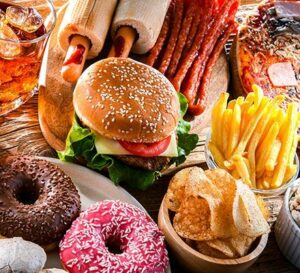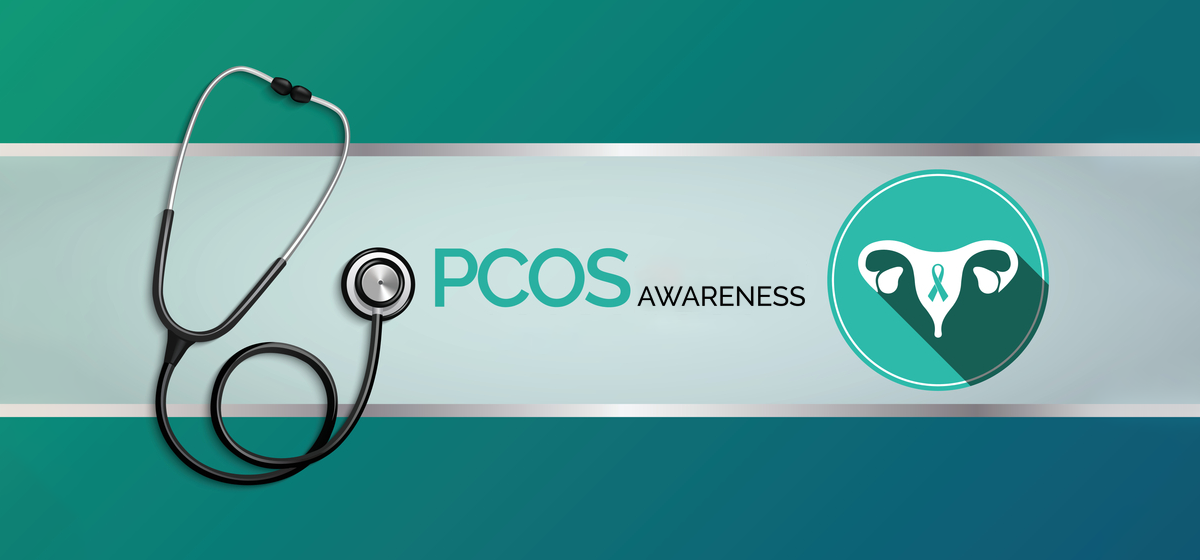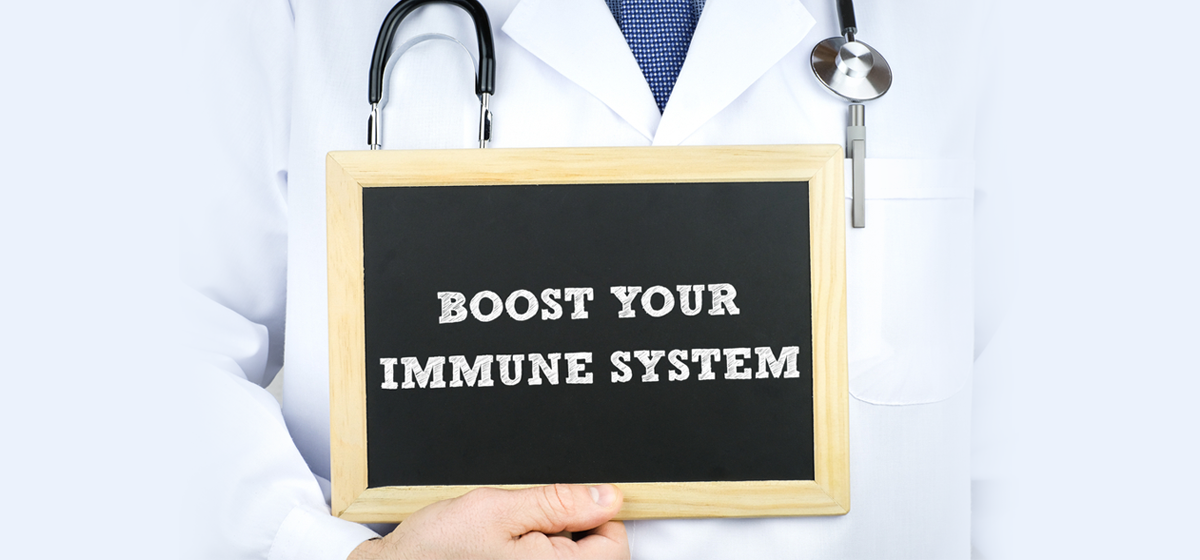In today’s fast-paced world, many meals are no longer fresh from nature. Instead, they come as processed foods—packaged with additives, artificial flavors, and preservatives. From ready-to-eat meals to convenient snacks, processed foods have become a daily norm. However, not all processed foods are harmful. So, how do you know which ones to avoid? In this blog, we’ll clearly explain what processed foods are, which ingredients can negatively impact your health, and how these effects vary for children, adults, and seniors. Moreover, you’ll discover healthier food choices and practical swaps—especially clean, plant-based, and vegan-friendly options to support a balanced lifestyle.
What is processed food?
Processed food is any food that has been altered from its original, natural form :
- Adding salt, sugar, or fat
- Preserving for longer shelf life
- Changing texture or flavor
- Packaging and freezing
Examples:
- Bread and cheese (minimally processed)
- Instant noodles, chips, sugary cereals (ultra-processed)
Ultra-processed foods are the most harmful. These are made in factories and often have little or no real food in them. They include artificial flavors, colors, preservatives, and sweeteners.
Why Should You Be Concerned?
Eating too much processed food can lead to:
- Obesity
- Diabetes
- Heart problems
- Poor digestion
- Weaker immune system
It’s not about cutting out all processed foods, but about understanding which ones to limit—and why they may harm your health.
Ingredients You Should Really Avoid in Processed Foods
Different age groups have different nutritional needs. Here are the top ingredients to stay away from:
For Children
Children are growing and need clean energy and nutrition.
🚫 Ingredients to avoid:
- Artificial Colors (e.g. Red 40, Yellow 5): Linked to hyperactivity.
- High-Fructose Corn Syrup (HFCS): Causes sugar spikes.
- Hydrogenated oils (trans fats): Bad for heart health.
- Excess salt in snacks : Affects kidney function.
For Adults
Adults need balanced energy to manage stress, work, and fitness.
🚫 Ingredients to avoid:
- MSG (Monosodium Glutamate): Triggers headaches and bloating.
- Excess sodium: Leads to high blood pressure.
- Refined sugars: Contributes to weight gain and diabetes.
- Artificial sweeteners (Aspartame, Sucralose): May cause digestion issues.
For Seniors
Elderly people have slower metabolism and more sensitive bodies.
🚫 Ingredients to avoid:
- Preservatives like Sodium Benzoate: Linked to inflammation.
- Phosphates in processed meats: Can affect bone and kidney health.
- Hidden sugars in sauces and packaged drinks: Raise blood sugar.
- Over-processed carbs: Cause energy crashes and weight gain.
Better Replacements for Processed Foods
Here’s what you can use instead of harmful processed ingredients:
| Avoid | Use Instead |
| Artificial colors | Beetroot powder, turmeric, spinach juice |
| Refined sugar | Raw honey, jaggery, date syrup |
| White flour | Whole wheat, almond flour, oat flour |
| Packaged snacks | Roasted nuts, fruits, homemade popcorn |
| Sugary drinks | Coconut water, fruit-infused water, lemon juice |
| Processed meat | Grilled tofu, beans, lentils, mushrooms |
Vegan Options for a Healthy Lifestyle
If you’re vegan or looking to eat plant-based, processed foods can still sneak into your diet. Here’s how to replace them with healthier choices:
🌱 Skip the vegan junk like fake meats and packaged burgers—homemade lentil patties or chickpea-based tikkis are healthier and tastier alternatives.
🌱 Flavored soy milk often includes added sugars and preservatives. For a cleaner option, unsweetened almond or oat milk is a great choice.
🌱 Craving something sweet? Avoid vegan ice creams with additives and instead, try making your own banana-based “nice cream” at home.
🌱 When it comes to snacking, packaged vegan items can be misleading. Dry fruits, hummus with veggie sticks, or plain rice cakes are far better picks.
How to Read Labels Like a Pro
Here’s what to check on a processed food label:
✔ Short ingredient list: The fewer, the better
✔ No unknown chemicals: If you can’t pronounce it, avoid it
✔ Low sugar and sodium: Less than 5% per serving is ideal
✔ Look for fiber and protein: These keep you full and energetic
Quick Tips to Cut Down Processed Food
- 🍳 Cook fresh meals at home at least 5 days a week
- 🛒 Shop the outer aisles of the grocery store (where fresh produce is)
- 💧 Stay hydrated—sometimes thirst feels like hunger
- 🥗 Make one meal a day fully plant-based
- 🍱 Meal prep to avoid reaching for quick junk food
Simple Snack Swaps
| Processed Food | Healthy Option |
| Packaged chips | Roasted chickpeas or makhana |
| Instant noodles | Homemade vegetable soup |
| Soda or cola | Sparkling water with lemon |
| Chocolate bars | Dark chocolate or dates with nuts |
| Breakfast cereal | Muesli with fruits |
Summary
Processed foods are part of everyday life; however, not all of them are harmful. It’s the ultra-processed foods—loaded with artificial colors, sweeteners, and preservatives—that pose the biggest risk. For example, these additives can affect your health differently based on age and lifestyle. Therefore, it’s important to recognize which foods to limit. Instead of relying on heavily processed options, choose natural, whole foods with fewer ingredients and minimal additives. Also, consider switching to plant-based, vegan alternatives for a cleaner diet. Whenever possible, cook meals at home to take control of what goes into your body.
💡 Key Takeaways:
- Limit ultra-processed items like chips, packaged snacks, and sugary drinks.
- Avoid harmful ingredients like trans fats, artificial colors, and sweeteners.
- Switch to natural, whole, and homemade alternatives.
- Read labels carefully and choose fresh over fast.
- A healthy body begins with mindful eating.
By understanding what’s inside your food, you’re already one step ahead toward a healthier life.






